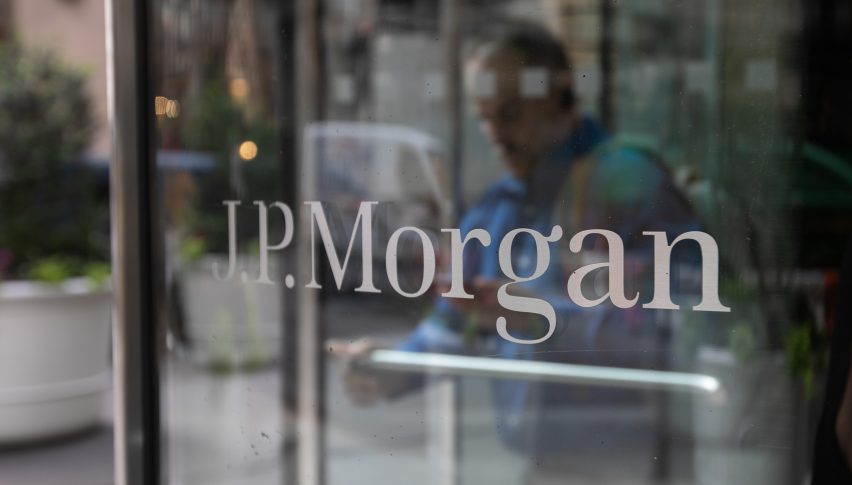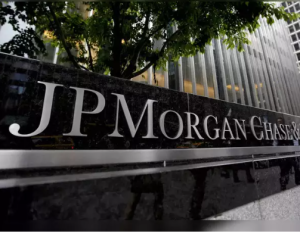JPMorgan Chase Warns U.S Stock Market is Bearish
JPMorgan Chase cautioned that macroeconomic data and sentiment do not support a long-term stock recovery.

Quick overview
- JPMorgan Chase warns that current macroeconomic data does not support a long-term recovery in US stocks.
- Investors may be overly optimistic about US stocks despite rising recession risks and trade uncertainties.
- US stocks are considered overpriced at 21 times forward earnings, with growth expectations not aligning with potential recession scenarios.
- Billionaire Paul Tudor Jones agrees with JPMorgan's outlook, predicting that a hawkish Fed and tariffs could push the stock market to new lows.
JPMorgan Chase cautioned that macroeconomic data and sentiment do not support a long-term stock recovery.

Investors appear to be overly optimistic about US stocks despite increased recession risks and trade uncertainty, according to Mislav Matejka, head of global and European equity strategy at JPMorgan. Last month, JPMorgan raised the odds of a worldwide recession from 40% to 60% in light of President Trump’s trade war.
According to Matejka, US stocks are no longer a “good place to hide in” during a recession, unlike in the past. Although an actual recession could still be avoided, many people may be overly optimistic, believing that it will already be reflected in the current prices if one occurs.
By highlighting that US stocks are pricey, trading at 21 times forward earnings, and that growth expectations are too high to account for a potential recession, Matejka strengthens his pessimistic outlook on the S&P 500.
He also warns that despite rising inflation expectations and signs of a weakening economy, the Fed is prepared to keep interest rates unchanged.
Billionaire Paul Tudor Jones seems to share JPMorgan’s perspective. Tudor Jones cautions that a hawkish Fed and Trump’s tariffs could push the stock market below its 2025 low of 4,835 points. It seems pretty obvious to me. Donald Trump is adamant about tariffs.
The Fed is set on not reducing interest rates. That is detrimental to the stock market.
We’ll most likely hit all-time lows. There are taxes, such as the biggest tax hike since the 1960s.
Therefore, you can reduce growth by two to three percent, and the Fed will likely lead to new lows unless it becomes extremely dovish and makes drastic cuts. When we reach new lows, the hard data will begin to emerge, which is likely to cause the Fed and Trump to act, followed by a rally
- Check out our free forex signals
- Follow the top economic events on FX Leaders economic calendar
- Trade better, discover more Forex Trading Strategies
- Open a FREE Trading Account